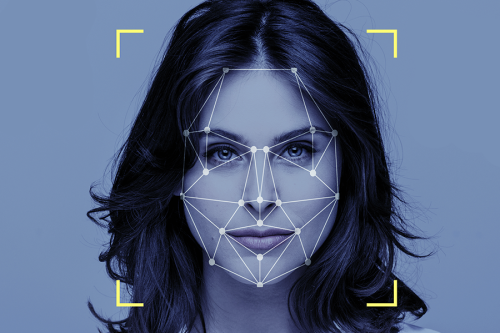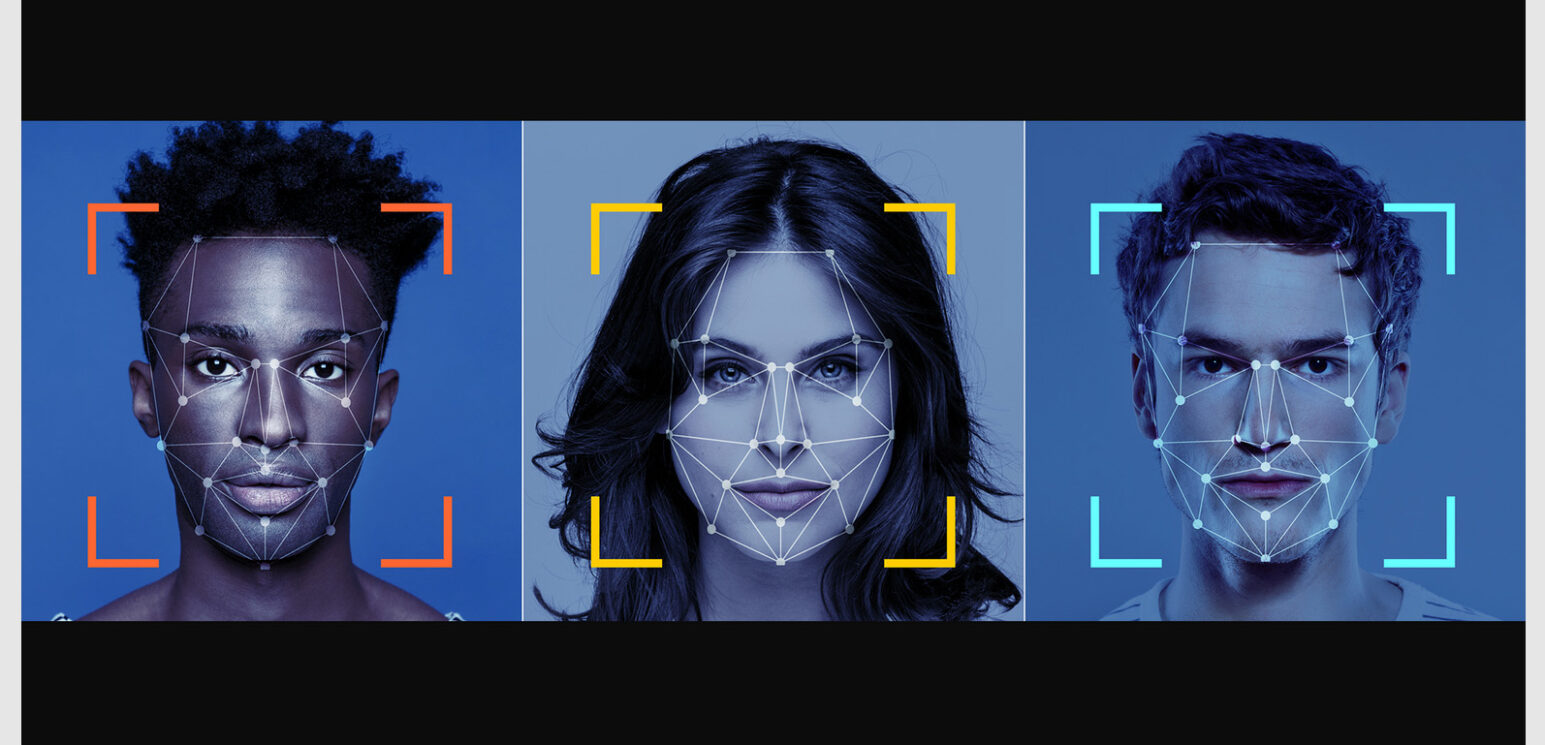The use of biometrics in society may seem by many to be a modern contrivance, yet another instance of technology taking over tasks once relegated to humans. Never mind that it typically raises the red flags of dystopia usually reserved for allusions to Orwell’s 1984.
The truth is, biometrics have been around for many years. While some attribute them to ancient Babylonia (!), fingerprints were tracked in the 1800s. Law enforcement has used this one form for longer than we have all been alive.
Face Time
Even facial recognition is not new, having been launched in the 1960s, although it was nowhere near as advanced as it is today. If you have ever walked through London, Beijing, or many other global cities, you probably noticed the street cameras located on virtually every pole. Those cameras aren’t just there to watch for traffic or people standing in front of Army tanks. They can identify individual people.
Today, facial recognition is so common that many of us opt-in to let our phone recognize our face so we don’t have to enter a code every time we wish to use it. It’s a convenience at this point, not a threat to our privacy.

But what if facial recognition were used in a retail setting? That a store could track you while you went about selecting items? That this same technology could then charge your account, freeing you to just walk out?
Been There, Done This
Wait. We’ve had this for five years now, and it’s called the Amazon Go store. Duh. We’ve been talking about this off and on throughout the term. It’s just that now Amazon has been sued for deploying this technology in New York City without posting visible signs to customers that facial recognition technology is being used.
Let me add another big DUH. How could anyone inside an Amazon Go store not know that this is how it works? This is the entire premise. But as it turns out, New York City is the only major city in the US with a law requiring shops to inform customers that biometrics, including facial and fingerprint recognition, are in use.
The result is a class-action lawsuit, no doubt brought by folks drooling at the prospects of “sticking it to the man” on a legal technicality. Yes, it is the law. I get that. But I also understand how easy it would be for Amazon to track prior patronage of these same plaintiffs at their 10 Manhattan stores. I’m betting they are repeat customers who obviously knew how the store worked. Can anyone say frivolous?
Signs Of The Time
To Amazon’s credit, they eventually did place signs, but only a year after the law went into effect. And as much as I snicker at people lobbing silly lawsuits, Amazon should have been on top of this. How difficult would it have been to post signs in 10 stores? Or was their legal department asleep at the wheel?
I see a future with ever more facial recognition in retail establishments. Walmart should use it, maybe not so much to deploy their own version of Amazon Go, but to help curb theft at self-checkout stands. They already use cameras to some extent there, but they are not fully leveraging what could be done. For example, item recognition could keep people from using the “banana trick,” in which they use Price Look-Up features to select a low-cost item (like bananas) when weighing a much more expensive item (like a steak).
If cameras can recognize faces, surely they can recognize a banana, or lack thereof. Getting video of the whole transaction could also go a long way in prosecuting thieves.
Go Ahead And Cry
I know. Some will cry that we no longer have any privacy. Others will begrudge the labor-saving technology as one more way to eliminate jobs. Still others will argue that people have been shoplifting, passing bogus bills, and bouncing checks for decades, so just let it go.
But no one makes anyone shop at an Amazon Go store. You do so of your own volition, and unless you have been living in a cave, you already know kind of how it works. As for Amazon, please just post those same signs in every one of your stores, as if it were some kind of liability waiver the customer automatically assumes by continuing to shop there. There is wisdom in preempting future lawsuits.
I hope the case is tossed out for lack of merit, because proving the plaintiffs suffered harm and thus deserve damages is going to be difficult. And slap Amazon’s wrist for not posting those signs. I’m sure the fine was codified when the law went into effect, so just pay it. Everybody else, wake up and realize this is the 21C and we’re not going back to our grandparents’ stores.
Dr “Face The Music“ Gerlich


